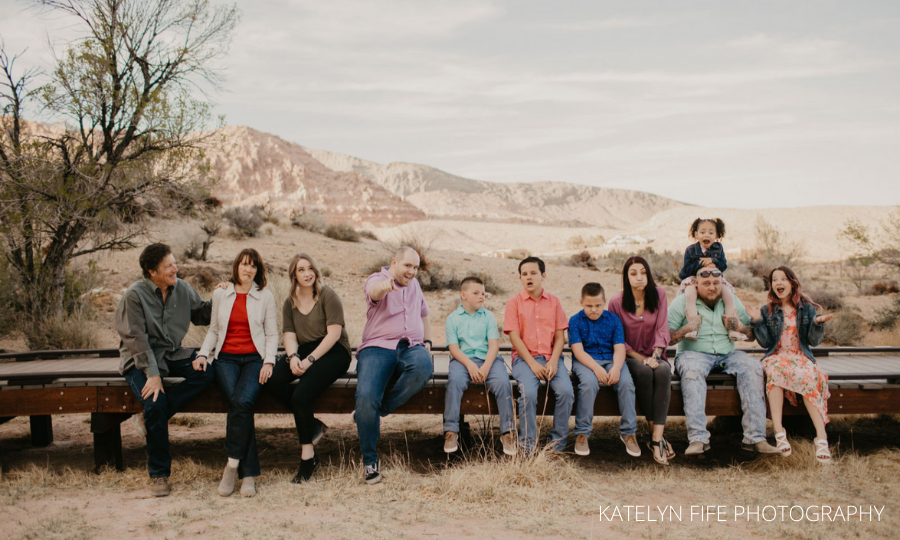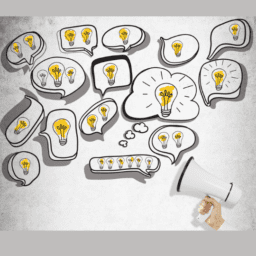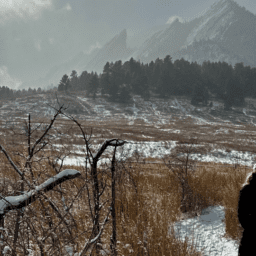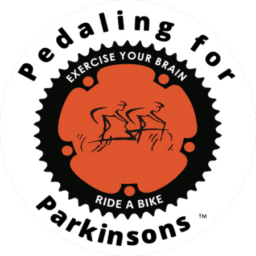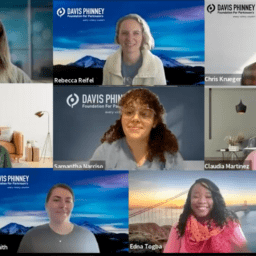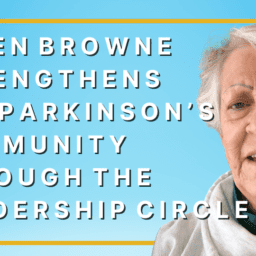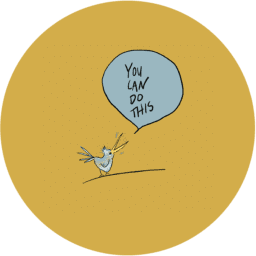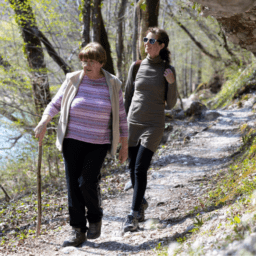This is the first in a series of “sneak peek” pieces from the sixth edition of the Every Victory Counts® manual, which will be released this September.
Written by Cidney Donahoo, Davis Phinney Foundation Ambassador
Recently, during my Parkinson’s Voice Project speech training, I was asked to read (with INTENT, of course) the song/poem with the well-known line of “make new friends, but keep the old, one is silver and the other gold.” I remember this song well from my childhood; we even had it written on a plaque in our house while I was growing up. When I was young, I didn’t quite understand if it was the new friends or the old friends that were silver or gold. I guess I just knew that friends were important.
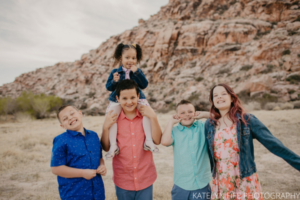
There are various obstacles that a person with Parkinson’s can face when it comes to friendships, both with making new friends and keeping “the old.” Friends from before diagnosis simply may not understand the complexities of Parkinson’s (and a newly diagnosed person with Parkinson’s also may not understand these complexities). Apathy, fatigue, cognitive changes, and other symptoms may be difficult for both the person living with Parkinson’s and their friends to understand. This can be a challenge when you, the person with Parkinson’s, are having a hard time just trying to figure out what it is and what to do about it. What do you share with friends and what do you keep to yourself?
Some friends may find a Parkinson’s diagnosis too much to process. That’s okay. Just be where you can with them. Others may not completely understand but will be by your side, nonetheless. Treasure the friendships wherever they are. Some will fade, and again, that’s okay. Give grace to those friendships and let them go where they naturally will. The others, the ones who stick around even though they don’t understand — I think they might just be the “gold.”
Doom and gloom do not need to follow a Parkinson’s diagnosis. Everyone reacts differently, but in getting to know hundreds of people with Parkinson’s, I have seen that typically there is a period where denial or shock or disbelief sets in, and most people will keep the diagnosis to themselves and possibly a few close family or friends. This is normal. Don’t get stuck there, though. Making new friends who understand what you’re experiencing can be the balm that nourishes your soul.
Where do you find these new friends who, like you, are living with Parkinson’s? How can they help? Look to your local resources to find a Parkinson’s group nearby who you can begin sharing this journey with. Many local Parkinson’s organizations will have support groups; try to find one that reflects who you are. Look around and find one that fits. Exercise groups can also become a great source of community and friendship. Rock Steady Boxing, Pedaling For Parkinson’s™, Dance for PD®, and more can become your new friend group.
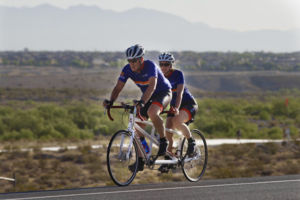
The value of having friends with Parkinson’s is that they “get it.” They offer a safe place to just be yourself. You will laugh, and cry, and have deeply serious moments with these new friends. You may come from vastly different backgrounds, and yet one thing, Parkinson’s, will bind you. These new friendships very likely will become the silver lining in your Parkinson’s diagnosis.
I don’t know what I would do without my Parkinson’s friends. They have become some of my closest friends, even though many of them live in other parts of the country (and world). It’s like that old friend whom you haven’t spoken to in a very long time, and then you get together and it’s like time never passed; you’re laughing and joking like you’ve never been apart.
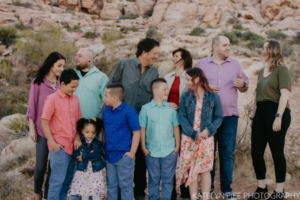
So, like the song says, make new friends and keep the old. You will find a lovely journey through life as you embrace new friends who can help support you, and you will be a support to them return. That sounds like a “gold” medal to me.
Ready to get connected?
Connect with an ambassador in your area to discover local resources and support groups, or check out this extensive list of virtual programs that allow you to exercise, connect, and play online. Have more questions about getting connected? Email blog@dpf.org and we’ll help you in any way that we can.


